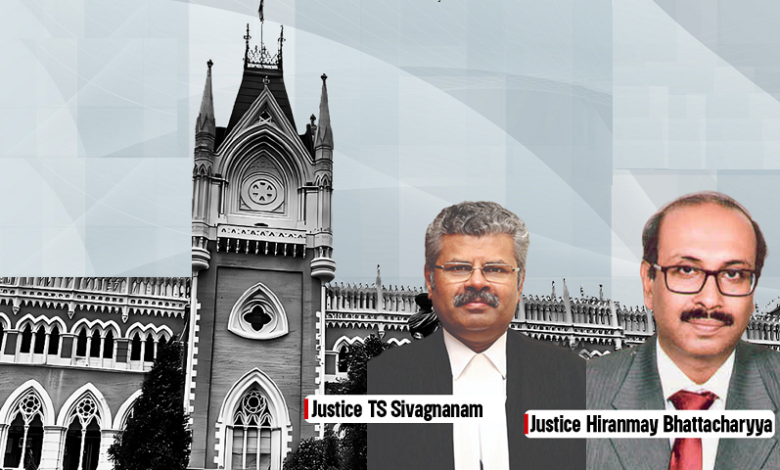
On September 4th, the Calcutta High Court issued a notice to the West Bengal government in response to a Public Interest Litigation (PIL) filed by Dr. Sukanta Majumdar, the President of the State BJP. The PIL challenges the non-implementation of the Central Government’s Common Services Centres E-Governance Committee scheme 2.0 (CSC 2.0) in West Bengal, which is a vital component of the Digital India Mission. Dr. Majumdar alleges that the failure to implement CSC 2.0 has resulted in the misuse of funds allocated for various purposes, including scholarships under Central government schemes. He further claims that the state government has introduced a similar program called the Bangla Sahayata Kendra (BSK), which operates under its purview.
A division bench consisting of Chief Justice TS Sivagnanam and Justice Hiranmay Bhattacharya orally expressed their concern over the non-implementation of CSC 2.0 in West Bengal. They acknowledged the importance of CSC in providing social justice and access to essential services. The court directed the State government to explain why CSC 2.0 had not been implemented and why a notification had been issued stating that all public services would be provided through BSK instead of CSC. The court refrained from issuing interim orders at this stage but emphasized the need for an explanation.
CSC 2.0 was introduced by the Central Government to establish common service centers in Gram Panchayats across the country. These centers would operate through a public-private partnership model implemented by local individuals known as Village-Level Entrepreneurs (VLEs). The Government of West Bengal initially partnered with the Union government in 2015 to implement the national e-governance plan, which outlined guidelines for the smooth functioning of CSCs. However, in 2020, the state abruptly canceled this partnership and introduced BSK services under its jurisdiction.
Dr. Majumdar, the petitioner, argued that while he did not dispute the existence or role of BSK, the sudden introduction of BSK had left thousands of private individuals and workers who had been empaneled to implement the CSC scheme jobless. This has not only raised concerns about employment opportunities but has also resulted in the underutilization of the existing infrastructure meant for CSCs.
The primary responsibility of any government is to ensure that its citizens have access to essential services and opportunities. The Digital India Mission, under which CSC 2.0 falls, aims to transform the country into a digitally empowered society and knowledge economy. It seeks to provide government services in an efficient, convenient, and transparent manner to all citizens, especially those in rural areas. The non-implementation of CSC 2.0 in West Bengal raises questions about the state’s commitment to these objectives.
One of the central issues raised in the PIL is the alleged misuse of funds that were granted for various purposes, including scholarships under Central government schemes. Dr. Majumdar has claimed that due to the absence of CSC 2.0 in the state, these funds may have been siphoned off. It is imperative that a thorough investigation takes place to determine whether these allegations have any merit. Misappropriation of funds intended for the welfare of citizens is a grave matter and must be addressed with utmost seriousness.
Transparency is a fundamental principle of good governance. The High Court’s notice to the West Bengal government is a step in the right direction towards ensuring transparency and accountability in the utilization of government funds and resources. Citizens have the right to know how their tax money is being spent and whether it is being used for its intended purposes.
News Mania Desk / Agnibeena Ghosh 5th September 2023






